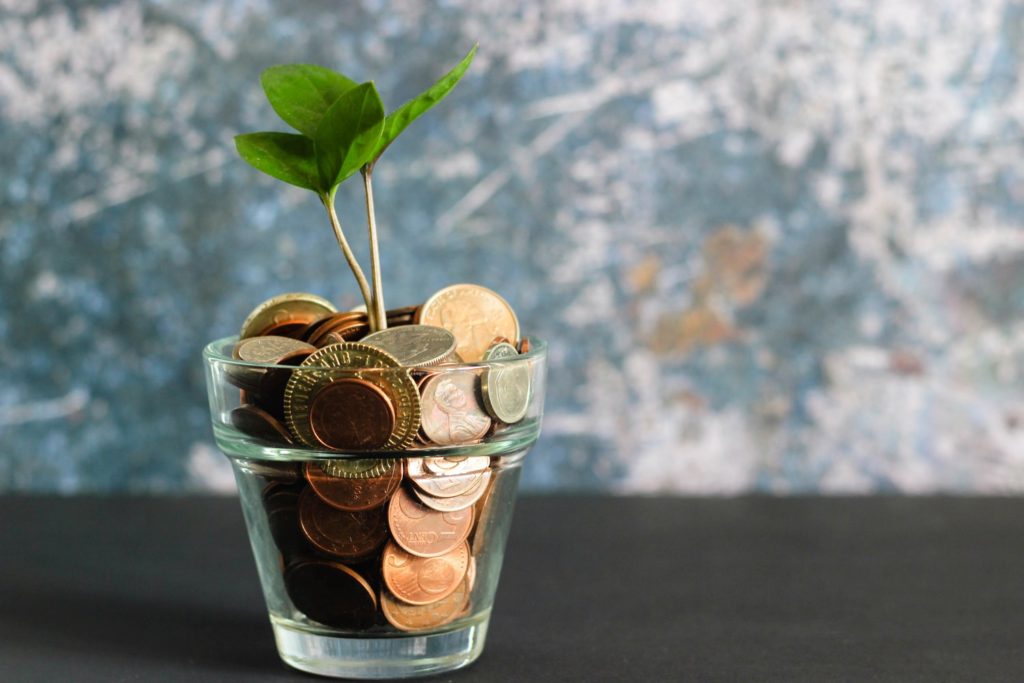
Today I will explain the term frugal and for what it stands for.
Generally speaking, frugal means living with the basics and looking very carefully after your money. The Cambridge dictionary defines it as a person who is careful with food or money.
The end goal is for everyone different, but the idea is that you get by with the minimum for having to work less or saving money for your retirement.
Living paycheck to paycheck
A well known reality, as The Washington Post mentions in the article ‘A breakdown of what living paycheck to paycheck looks like’. (These numbers are pre-Covid)
“In addition, almost 3 in 10 adults have no emergency savings at all, according to Bankrate’s July 2019 Financial Security Index, while the January 2020 Financial Security Index survey showed that 4 in 10 U.S. adults would cover the cost of a $1,000 car repair or emergency room visit using savings
“Nielsen data from 2015 showed that nearly 25 percent of families earning $150,000 a year or more lived paycheck to paycheck; and a Gallup poll released in December found that a record 33 percent of Americans say they or a family member put off treatment for a medical condition in the past year because of cost.”
“A quarter of Americans say their untreated medical condition was serious. In a 2019 report on the economic well-being of U.S. households, the Federal Reserve Bank determined that nearly 40 percent of U.S. adults wouldn’t be able to cover a $400 emergency with cash, savings or a credit card charge that they could quickly pay off.”
I chose this article because it reflects a reality before the pandemic. I think that it will look the same or worse after the virus has been exterminated.
This dependence on the paycheck is a huge problem and that’s why there are people who would like to get out of this hamster wheel. And here, living frugally comes into play.
Benefits of being frugal
The benefits are quite numerous, ranging from health to finance. Being frugal means always thinking twice about a transaction, like buying something from Amazon.
Here are a few examples on how to reduce cost
- Cancel almost all online subscriptions
- Cancel cable
- No leasing or paying for something you can’t afford
- Don’t buy a new phone or electronic object in general every year
- No expensive consumption on clothes. You have some now and that’s it
- No eating out, cook for yourself (almost, be reasonable)
- Remember: Something on sale is not cheap, since you still bought something. In Switzerland, everything on sale will still cost more than the cheapest no-name product
I wrote an article about how to travel frugally and listed some excellent websites, check it out!
The benefits
Financial benefits are for instance better control over your money. Hence, you can begin paying off your debt or starting to save/invest for your retirement.
It also can fix your health, because you shouldn’t pay to go to a fast food chain, but rather cook at home. In addition, you will have an emergency fund which can help if you have an injury. There are other benefits, but it breaks down to this:
Stop living above your means and stop trying to impress others, because that will ruin you.
Finally, I wanted to clarify that frugal isn’t cheap. Someone frugal saves money, but does also buy high quality items or something that they really care about. Cheap people affect others negatively with their behavior or save money on everything, even if it would be necessary.
